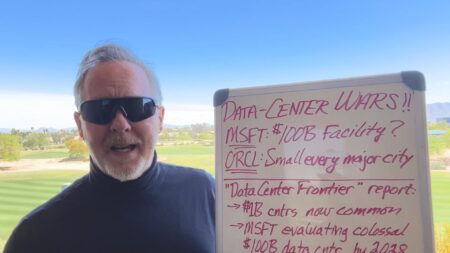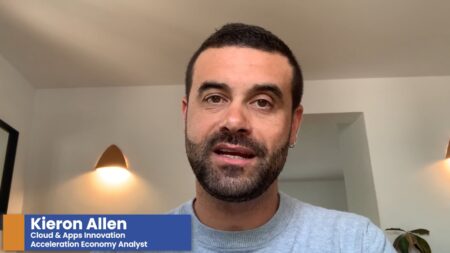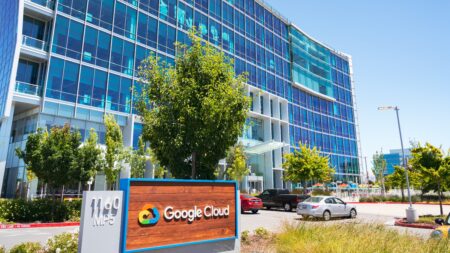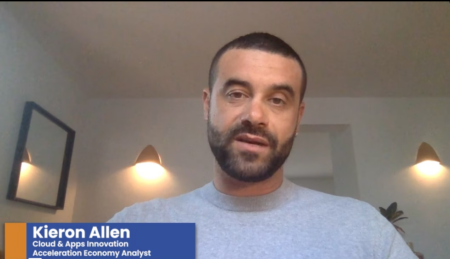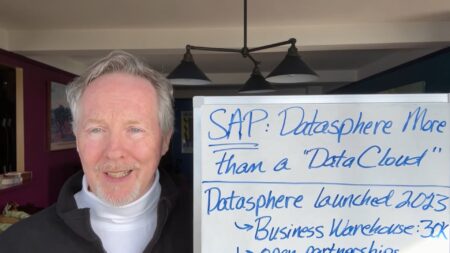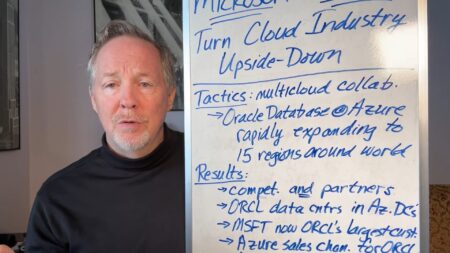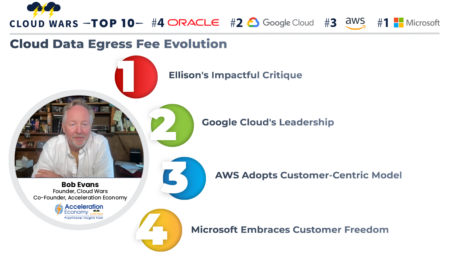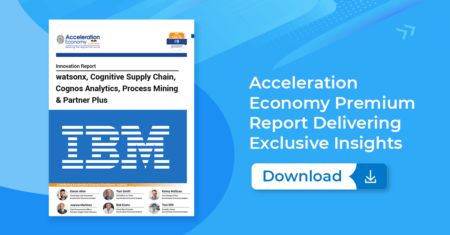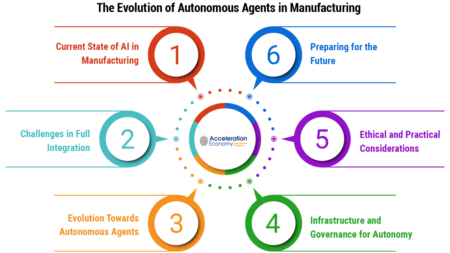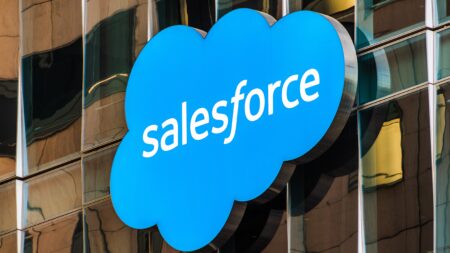New data clean room app — integrated into the Snowflake Data Cloud — makes cross-company, cross-cloud data sharing secure and easily accessible.
data
C3AI has launched its no-code, self-service GenAI capabilities on Google Cloud Marketplace, expanding its reach to more customers.
Google Cloud’s blog post showcases the diverse applications of GenAI agents across industries.
While Microsoft plans a $100-billion data center with OpenAI, Oracle diverges by favoring numerous small data centers worldwide.
The Data Center Wars escalate as Microsoft, Amazon, Google Cloud, and Oracle adopt varied strategies.
Orange and Google Cloud accomplished a remarkable milestone by transitioning an AI project from pilot to production in just four weeks, setting new standards for project timelines.
Databricks’ AI Security Framework illuminates the path to secure and compliant AI adoption, addressing critical security risks across various stages of AI systems.
UiPath provides AI and automation capabilities enabling its customers to innovate in ways that increase productivity and efficiency.
Snowflake and Mistral AI partner to put a powerful set of LLMs into the hands of Data Cloud customers so they can build and host scalable AI applications.
Google Cloud Next reveals CEO Kurian’s vision for advancing AI integration across its strategic clouds, driving transformative business outcomes for customers.
With Wiz CNAPP, CISOs embark on a new era of cloud security, leveraging integrated solutions to simplify operations and bolster defenses.
AI, spearheaded by CrowdStrike and Google, is redefining cybersecurity, shifting it from a risk to an indispensable asset, revolutionizing defense strategies against evolving threats.
GenAI emerges as a pivotal tool for business leaders, focusing on data access, productivity, and personalized experiences.
Snowflake announced a strategic investment in Landing AI as well as a partnership to integrate the company’s computer vision platform into the Snowflake Data Cloud.
SAP’s Datasphere platform plays a significant role in the evolving landscape of cloud technologies and data management, with implications for customer decision-making.
A look at the recent collaborative efforts between Microsoft and Oracle in the cloud industry and their effects on customers and competitors.
The moves by Microsoft, Google Cloud, and Amazon to eliminate data-egress fees represents a significant victory for business clients, with Oracle also playing a role, alongside the impetus from impending EU data regulations.
This report highlights IBM innovations that result in the Cloud Wars Top 10 company being listed on 5 out 8 categories for products to watch in 2024 by our practitioner analysts.
The addition of generative capabilities to AI set the stage for a transformative shift to autonomous agents in manufacturing, posing ethical considerations and requiring thoughtful strategic planning.
Salesforce introduces Einstein Copilot, a GenAI offering leveraging proprietary company data to provide contextual answers within CRM applications.





